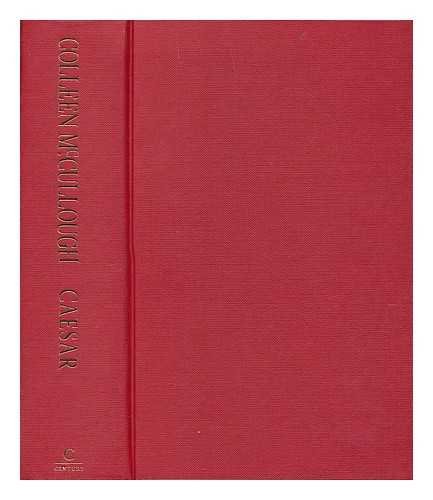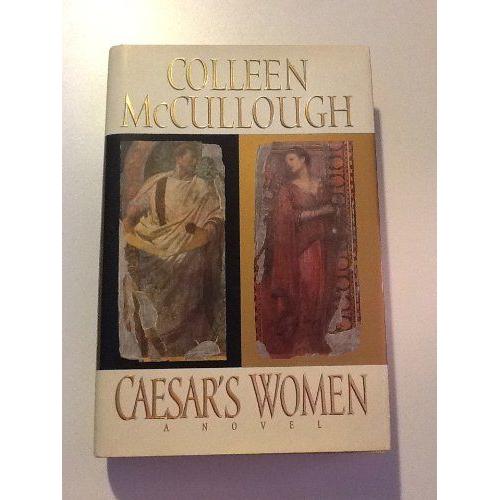


However, to move things along a little faster, I decided to skip a reread of The First Man in Rome, which had already defeated me, and to skip the next two books in the series, The Grass Crown and Fortune’s Favorites. So this series perfectly fit my definition of summer reading.

I won’t have been driven by the urge to stay up all night finishing it, thus leaving me without a beach book the next day. A long, well-researched, but sometimes dull historical saga is ideal because I can dip into it for twenty minutes by the pool while the kids are swimming and know that it’ll still be there in the beach bag when I go back to it. I can see the value in that, but my main requirement for summer reading is that books have to be engaging enough to retain my attention, but not SO engaging that I’m going to race through them avidly in a day or so. Every avid reader has a concept of what includes good “summer reading” or a good “beach book.” Some people like their beach books to be light, fun, frothy reads that don’t demand too much intellectually. So I decided a great summer reading project would be to plough through McCullough’s series. Meanwhile, I haven’t been idle either - I’ve been watching HBO’s Rome, as I may have mentioned a million or so times, and getting fascinated with Roman history. I gave up.įlash forward to the present day, when McCullough’s magnum opus has finally finished with the publication of Antony and Cleopatra in 2007 (she originally intended the previous book, The October Horse, to be the last in the series, but apparently succumbed to fan pressure to write one more book about the great tragedy that Shakespeare couldn’t resist, closing the saga with Antony’s and Cleopatra’s deaths and Octavian/Augustus’s rise to undisputed power). I didn’t know a whole lot about ancient Roman history then, and it was off-putting in the same way Russian novels are off-putting - so many characters, each with three long names, yet only a handful of first names to distribute among the lot of them, so you get your Gaius Cornelius Rufus and your Gaius Lucius Ahenobarbus and so on and so on. I started this series years ago, when The First Man in Rome (1990) originally came out in paperback, and I just could not get into it. The seven gigantic books (average length seems to be about 700 pages) sweep through over a hundred years of Roman history, from Julius Caesar’s forerunners Marius and Sulla, up to Caesar Augustus. This is a series of books so epic, the word “epic” doesn’t really do it justice.


 0 kommentar(er)
0 kommentar(er)
